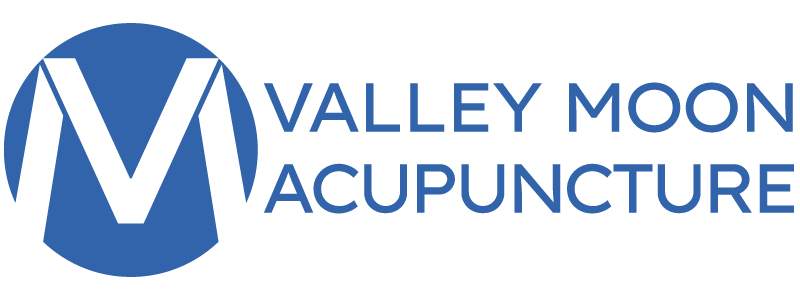Frequently Asked Questions About Acupuncture & Our Clinic
Understanding Acupuncture
This section answers your core questions about how acupuncture works, its classification as a treatment, its relationship to Western medicine, and its distinction from dry needling.
Acupuncture helps your body heal itself by stimulating specific points. These points and the pathways acupuncture use are closely related to a network called fascia. Fascia is like a supportive web that surrounds all your muscles, bones, and organs. The acupuncture pathways, also known as channels, follow these fascial lines, which is how acupuncture helps your body get back into balance.
As a cornerstone of integrative medicine, acupuncture offers a holistic approach to health and wellness. This involves the precise placement of very thin needles into specific acupoints on the body to promote the body's innate healing abilities and enhance overall well-being.
Asian medicine, particularly Traditional Chinese Medicine (TCM), offers an integrated model of patient care that considers the intricate relationship between the body, mind, and spirit. This holistic framework allows practitioners to address both the immediate presenting symptoms and the deeper underlying factors contributing to a patient's health concerns. For example, an individual seeking treatment for physical pain may also be experiencing chronic fatigue and depression. Whereas conventional Western medicine might necessitate referrals to separate specialists for each of these issues, Asian medicine recognizes these as interconnected elements of a particular pattern of imbalance within the individual's system, facilitating a unified and comprehensive treatment strategy.
While both use needles, acupuncture and dry needling are different. Acupuncturists go through much more in-depth training, learning how to treat a wide range of health problems beyond just muscle pain. Acupuncture is a holistic treatment that can help with things like chronic pain, inflammation, and other body issues by understanding your body's overall balance through Traditional Chinese Medicine. Dry needling mainly targets muscle pain.
Acupuncture Safety and Qualifications
Get answers to your questions about the safety of acupuncture, possible side effects, and the training of our practitioners.
The experience of acupuncture is typically well-tolerated by patients, with many reporting little to no discomfort. The needles used are ultra-thin, considerably finer than those used in conventional medical procedures. A common response is deep relaxation, and some individuals may even fall asleep during their session. Should any sensation of discomfort arise, it is immediately addressed to prioritize the patient's comfort and relaxation.
As a well-established and recognized therapeutic practice, acupuncture has a strong safety profile when performed by qualified professionals. Our clinic adheres to the highest safety standards, utilizing sterile, single-use needles. Patients may occasionally experience minor and transient side effects, such as slight bruising or tenderness around the treatment points. These are typically mild and resolve rapidly.
Becoming a licensed acupuncturist involves significant dedication to education and training. Practitioners are required to earn a Master’s or Doctoral-level degree (typically three to four years) from an accredited acupuncture program. This intensive curriculum includes substantial classroom hours dedicated to both Eastern and Western medical knowledge, alongside extensive supervised clinical experience. To ensure competence and patient safety, acupuncturists must also pass demanding national board examinations administered by the National Certification Commission for Acupuncture and Oriental Medicine (NCCAOM) before they can practice.
Acupuncture is generally well-tolerated, with most patients experiencing no negative side effects. On occasion, minor and temporary reactions, such as slight bruising or minimal bleeding at the needle insertion sites, may occur. A common and often desired outcome of treatment is a state of relaxation.
Conditions We Treat and Individuals We Serve
This section provides information on the variety of health concerns and individuals of all ages that can find support through acupuncture at our clinic.
Yes, many individuals find acupuncture to be a helpful approach for managing anxiety. By promoting a state of relaxation and working to balance the body's energy flow, acupuncture may contribute to enhanced emotional well-being and a greater sense of calm.
Many individuals exploring options to enhance their fertility find acupuncture to be a valuable therapy. It is thought to support reproductive health by promoting improved circulation to the pelvic region, assisting in hormonal regulation, and alleviating stress, all of which are important factors in fertility.
For a detailed overview of the various health conditions we offer treatment for, please click here.
Yes, acupuncture is a safe and often effective therapeutic option for children. It can be beneficial in addressing a range of pediatric conditions, including stress, anxiety, digestive disturbances, sports-related injuries, asthma, allergies, and sleep disorders, among others.
Your Comfort and Care
We understand you might have questions about your acupuncture treatment. This section addresses what to expect during your first visit, how to prepare, and what to do after treatment.
A detailed overview of what to expect during your initial acupuncture appointment is available by clicking here. This resource outlines the consultation process, examination, and the initial treatment.
For optimal comfort and treatment efficacy, we suggest wearing loose, comfortable clothing that permits access to different areas of the body. Please ensure you have eaten a light meal before your scheduled session. To facilitate a smooth and efficient first visit, we kindly request that you complete your client intake form prior to your appointment.
You will not need to undress for your acupuncture treatment at our clinic. Our approach primarily utilizes acupoints located between the knees and feet, as well as between the elbows and hands. These are easily accessible through loose-fitting clothing. We recommend wearing comfortable, loose attire to ensure these areas can be readily reached for treatment.
Yes, we understand the value of having support, and you are welcome to have a companion present during your acupuncture treatment.
Acupuncture needles are placed at specific points called acupoints, located along energy pathways known as channels throughout the body. The selection of these points on the limbs, torso, head, and neck depends on your individual condition.
If you have concerns or anxiety regarding needles, please let us know. We are committed to ensuring your comfort and can modify the treatment approach to accommodate your needs. This may involve utilizing a reduced number of needles, employing finer gauge needles, or exploring alternative, non-insertive techniques.
To optimize the benefits of your acupuncture session, we suggest avoiding strenuous activity immediately afterward, allowing your body to fully integrate the treatment. Additionally, maintaining proper hydration by drinking ample fluids is encouraged.
The optimal frequency of acupuncture treatments is individualized based on the severity and duration of your health concerns. Generally, initial treatment plans involve more frequent sessions, which are gradually reduced as your condition improves and stabilizes.
Insurance Information
Do we accept your insurance for acupuncture services? Find the answer here.
We accept payment from Flex Spending Accounts (FSA) and Health Savings Accounts (HSA). We recommend patients check their out of network acupuncture coverage. If covered, we can provide a super bill for patients to submit to their insurance company for reimbursement.

